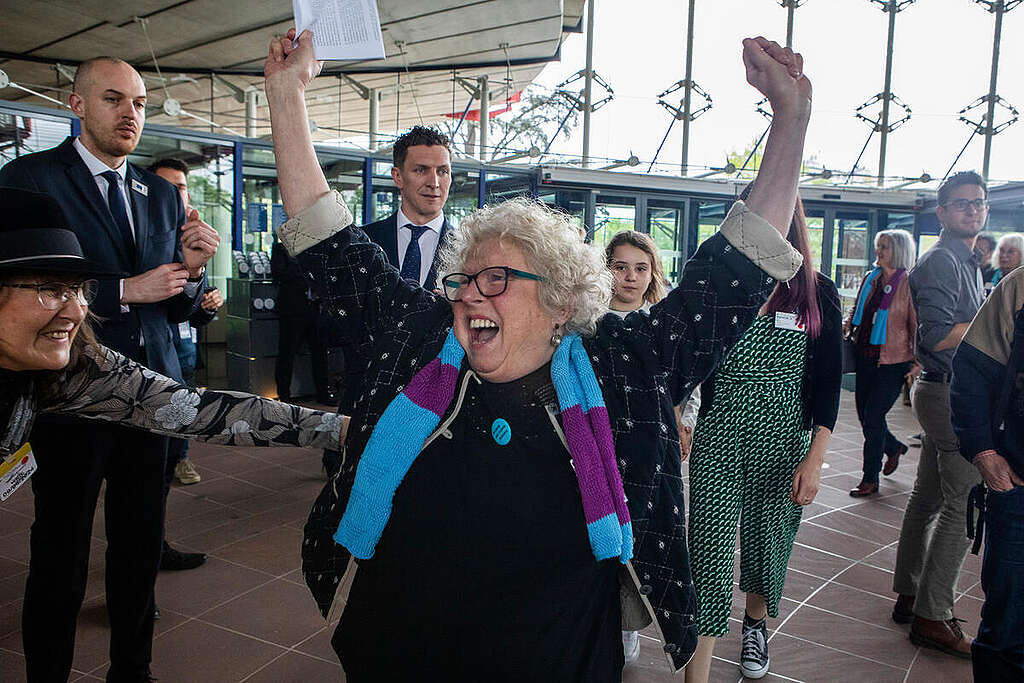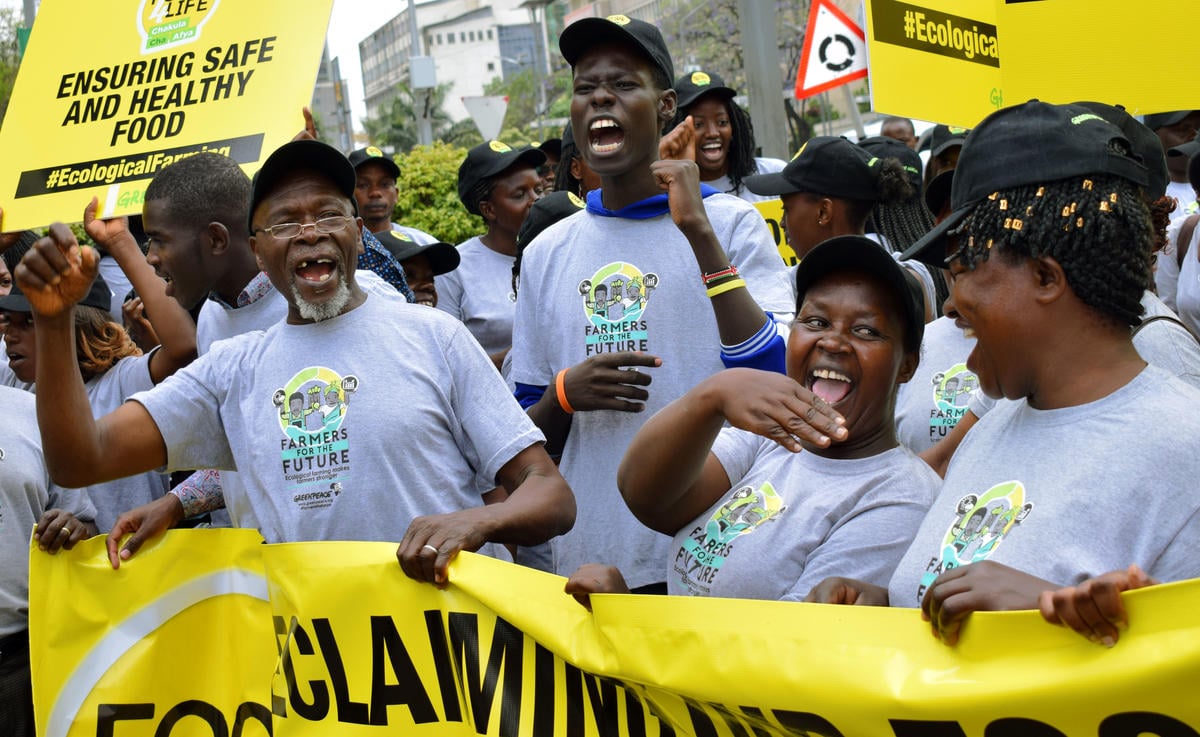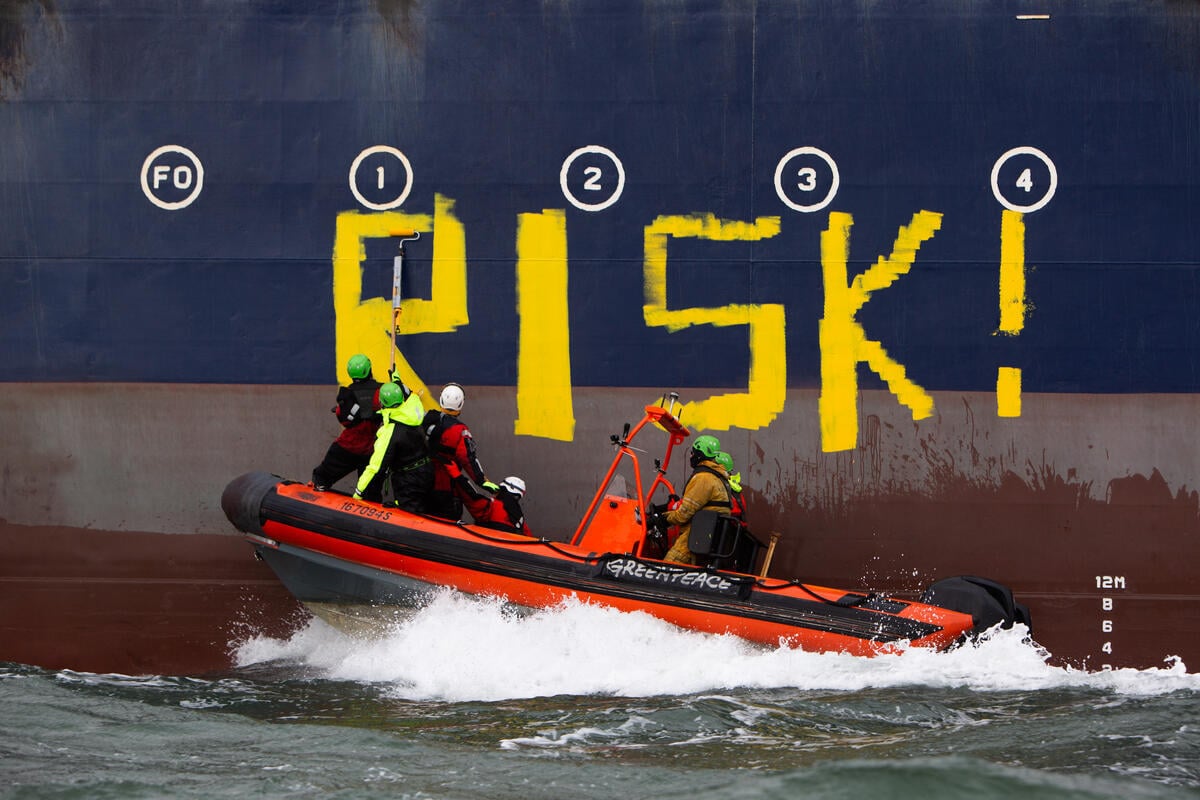Ice shelves breaking away. Microplastics in our food chain. Air pollution killing us quietly.
These are just some of the news we read about lately. Disturbing news that is becoming all too frequent and no longer just confined to the environment section.
It’s almost as if Mother Earth has got something to say. Maybe she’s been warning us all along, we just failed to listen.
Days like Earth Day remind all of us of the present state of our planet – which is in a crisis. The truth is, Earth Day should be 365 days in a year.
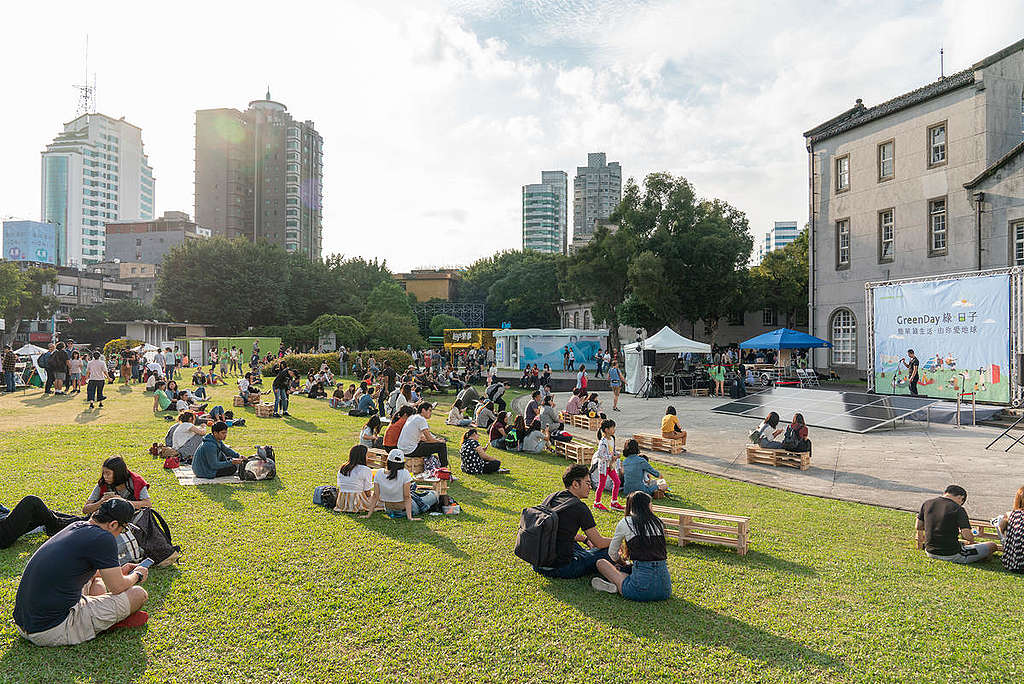
We cannot live without nature
It is impossible to wake up each day without realising how awesome it is to be alive and living on Earth. Of all the planets out there, we were lucky enough to be on this green and blue planet full of wonderful ecosystems that are unique, inspiring and life-giving.
Our every breath, our food and water- our very existence comes from nature. Our very survival depends on the laws of nature all working perfectly together and in harmony.
We need healthy forests and oceans to regulate global temperatures from rising. We need a stable climate to propagate agriculture to feed the world. We need animals and plant species to thrive for ecosystems to fully function.
For life on Earth to continue to exist, we need nature to do what it does best: sustaining life it gives homes to. With all the noise and distractions of modern-day life, we have failed to recognise this remarkable fact and take the environment for granted.
Our every action impacts the environment
Conscious of your Carbon Footprint? Take a step back and consider your whole Ecological Footprint.
The Ecological Footprint measures “the amount of biologically productive land and sea area an individual, a region, all of humanity, or a human activity that compete for biologically productive space.” It’s actually a resource accounting tool used by governments, businesses and institutions to answer specific resource questions, particularly on how much of the Earth’s biological capacity is required by a given human activity or population. If everyone on Earth were conscious of our Ecological Footprint— particularly governments and industries— then we could get ourselves out of the huge mess we are in.
For years, we’ve assumed that the environment is an infinite resource at our disposal, a “commodity for humanity”. Our needs have turned to wants and more wants, aided by marketing and advertising.
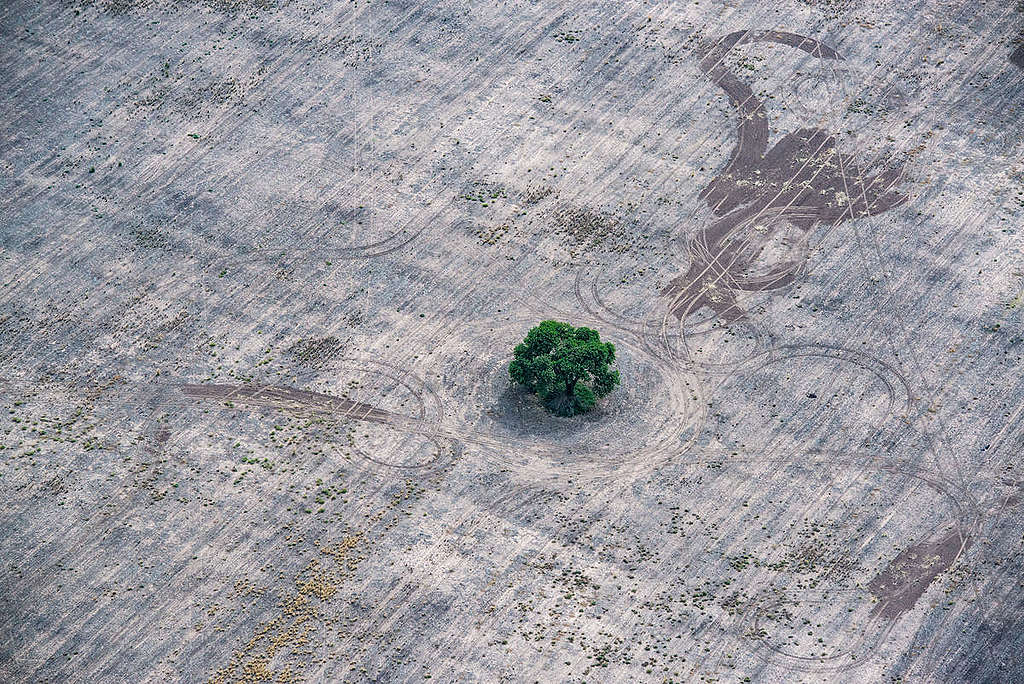 © Martin Katz / Greenpeace
© Martin Katz / GreenpeaceOur overconsumption has led to ancient rainforests being torched or razed to the ground for ingredients like palm oil and soya, or for the production of meat and dairy products. The world’s oceans are now nearly empty, with 93% of fish populations either overfished or on the brink of it. If nothing is done to curb overconsumption, the world’s insatiable appetite will lead to more food insecurity in the future.
We have long been dependent on fossil fuels, and addicted to its by-products that are polluting much of the planet, such as single-use plastic. Plastic packaging produced by corporations is filling up landfills, choking our oceans and waterways. In fact, single-use plastic can be found in every corner of the planet, even in spaces unimaginable. And now with the Covid-19 pandemic, more single-use face masks and personal protective equipment just add to the waste problem.
We should listen to science
Early this month, scientists at the National Oceanic and Atmospheric Administration let out a huge cry as they issued another dire warning. For the first time in Earth’s history, atmospheric CO2 emissions reached 421.21 parts per million (ppm). Scientists immediately took to social media to ask governments to take heed and immediately hit the brakes on the burning of fossil fuels.
To put this number into perspective, normal CO2 levels have been pegged at 350ppm, so every time we hit a new record on global emissions, we inch our way closer to a 1.5 to 2°C temperature rise. Such an increase would make the climate more intolerable and trigger more extreme weather events that would be catastrophic for millions, especially those in vulnerable regions.
Since last year, climate activists have reiterated calls for world governments to address the #ClimateEmergency with the same urgency and intensity as they have done with the pandemic response. After all, millions of lives are at risk with no vaccine in existence to stabilise the world’s climate.
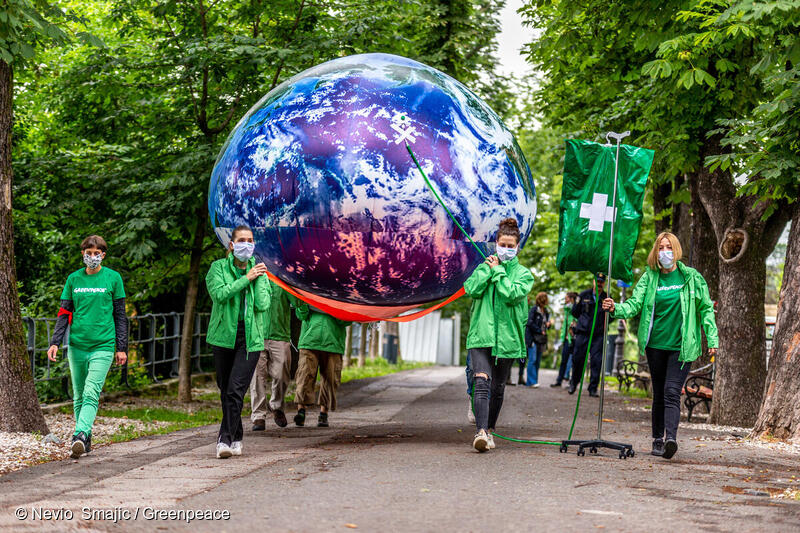
Thankfully, climate summits are back on schedule. The UN Secretary-General António Guterres has been very vocal and has asked governments to end their suicidal addiction to fossil fuels and instead, transition to a just and sustainable future with renewables.
As countries prepare to debate and negotiate their commitments to the Paris Agreement, only one thing is certain: the climate can’t wait. The longer governments delay to honour their climate commitments, the harder it will be to achieve the 1.5°C target. Every tenth of a degree of global heating is critical to our survival on this planet.
Let’s be better ancestors
We are currently living in the Anthropocene period- the age of humans. It began with the industrial revolution in the 18th century, when we started burning fossil fuels to spur growth and power economies. This is when human activities started having an impact on the environment.
The Anthropocene is often regarded as dark and foreboding because of what humans have done to the climate and to Earth’s biodiversity. With ecosystems failing, mass extinctions of plants and animals are happening, and with climate worsening, there is no one else to blame for the possible annihilation of all life on Earth but humankind.
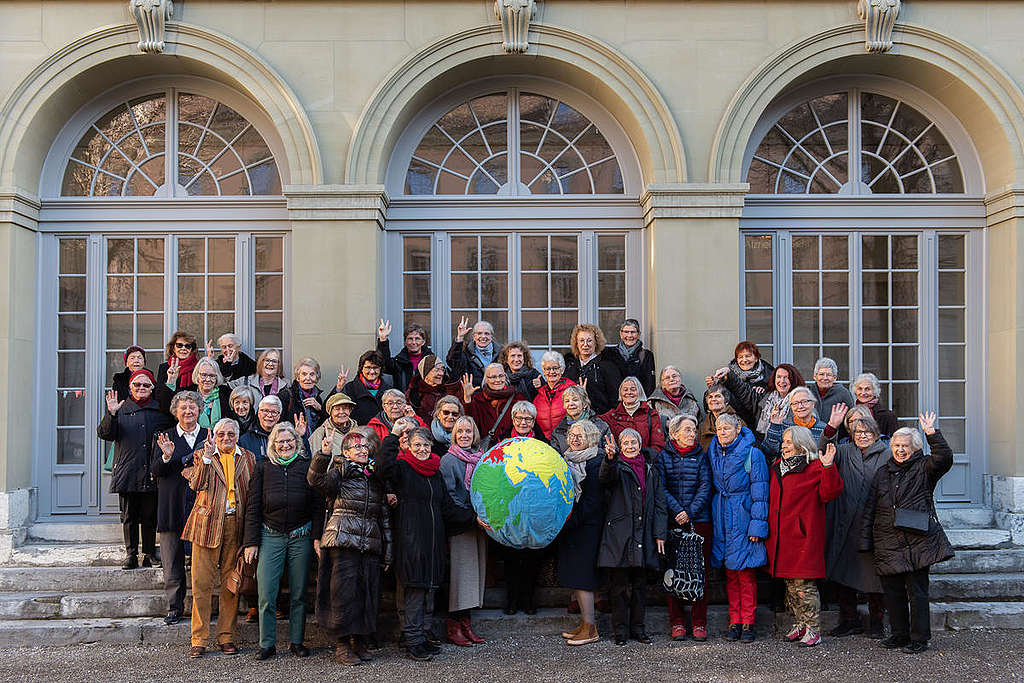
Knowing what we know now, it makes perfect sense for us to now act and prevent the destruction of our natural world for the benefit of future generations. We are all in the position to change the course of history and to build back better starting today. Thankfully, there are many out there who are thinking ahead with a desire to preserve much of the planet. They are taking it upon themselves to be better ancestors despite the challenges.
Young Climate Strikers are already doing their part every Friday, pressuring governments to turn their rhetoric into action to save the climate. There are indigenous groups who are leading a landmark case against their own government for climate inaction, as well as civil society taking on the world’s biggest carbon polluters to demand accountability for human rights harms caused by climate change.
We can all be better ancestors by becoming more aware of the ecological crisis and our impact to the planet. Our knowledge and understanding of the different environmental issues should lead us to better lifestyle choices that will be beneficial to nature.
We must restore our Earth
Mother Earth is estimated to be around 4.5 billion years old. She is weary, disheveled and drained. Given what she’s been through, she feels cranky, frustrated and tired of humans. Who can blame her?
We’ve always been needy and greedy. We keep depleting Earth’s natural resources without remorse or restitution. In fact, we’ve been using up Earth’s resources at an alarming rate. Currently, we are using up 1.6 times more than what the Earth can regenerate in a year.
Though she may be resilient, we need to give Mother Earth a break— we must offer her a lifeline. We need to stop treating the environment as a commodity and as an infinite resource because doing so would be fatal.
With this ‘new normal’, we must learn to reconnect with nature and consider the environment in everything we do. If there’s anything to learn from the pandemic, it is that governments need to shift their priorities and invest on human and planetary health to make the world resilient to future shocks.
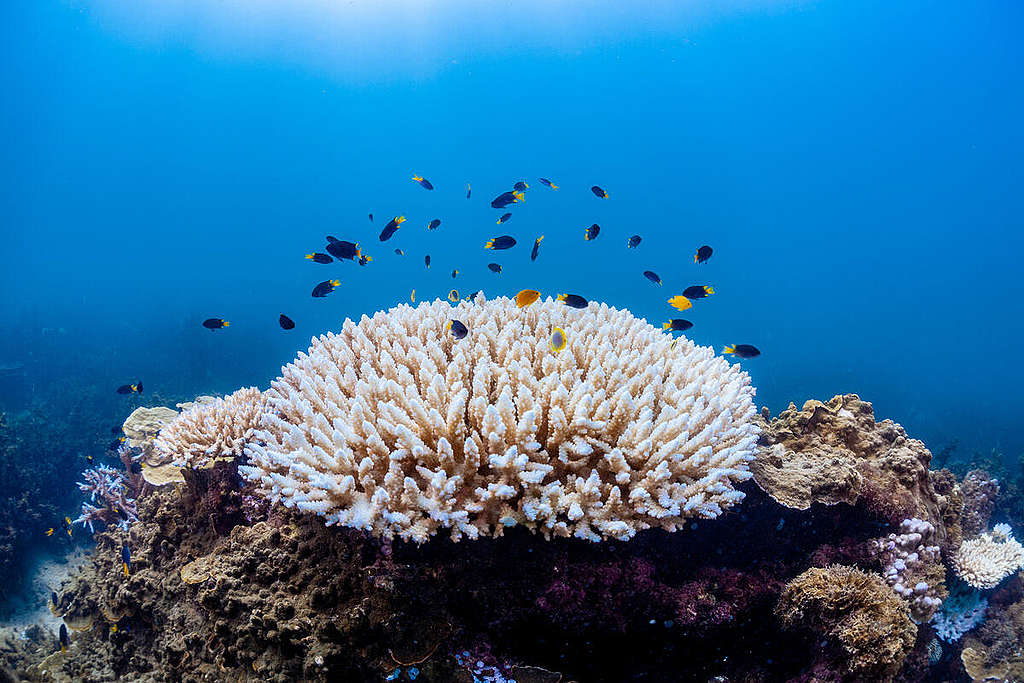 © Victor Huertas / Greenpeace
© Victor Huertas / Greenpeace
